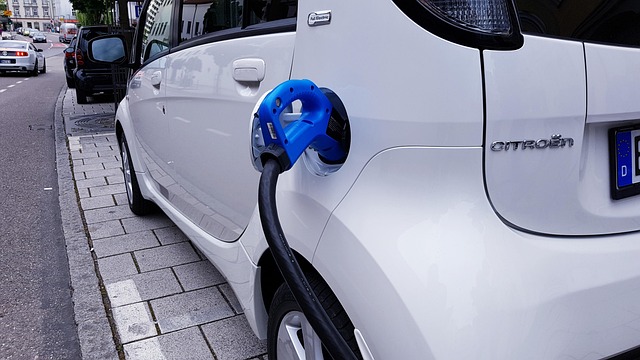
The Future of Electric Cars: How Remote Software Updates Are Transforming the Automotive Industry
The automotive industry is on the brink of a revolutionary transformation, with electric vehicles (EVs) leading the charge. One of the most significant advancements influencing this change is the implementation of remote software updates. This breakthrough technology not only enhances the performance and functionality of electric cars but also redefines the traditional expectations associated with car maintenance and ownership.
Imagine driving down the road, feeling the smooth acceleration of your electric car, knowing that your vehicle is continually improving with each passing day. Gone are the days when drivers would need to schedule frequent visits to the dealership for the latest updates or repairs. With remote software updates, manufacturers can enhance the car’s software seamlessly, directly from their facilities to your vehicle, eliminating the need for physical appointments. This not only saves time but also creates a more convenient experience for car owners.
The implications for car service providers are significant. Rather than focusing solely on hardware issues, many service centers can now shift their attention to educating customers about software and how remote updates can optimize their vehicle’s performance. Service teams can become more like tech support specialists, guiding customers through the latest features and improvements. This evolution in car service is crucial as drivers increasingly expect their vehicles to be as up-to-date as their smartphones.
Furthermore, with electric cars relying heavily on advanced software for their operations—from battery management to energy efficiency—the importance of remote software updates becomes even more pronounced. With a simple command, manufacturers can fix bugs, enhance battery efficiency, and even unlock new features, providing drivers with an unparalleled ownership experience. It’s not just about fixing problems; it’s about continuous innovation and improvement.
Car parts are also affected by this shift toward software-driven enhancements. As manufacturers integrate more technology into their vehicles, the relationship between hardware and software becomes increasingly intertwined. Future improvements may not require physical replacements; instead, upgrades can be activated through remote updates. This means fewer physical parts need to be changed, reducing waste and contributing to a more sustainable automotive industry.
In the realm of car engines, electric vehicles utilize software to maximize performance and efficiency. Remote updates allow manufacturers to tweak parameters and optimize how the engine interacts with other systems within the car. For example, a simple phone notification can trigger an upgrade that enhances energy recovery during braking or improves overall power delivery. Such advancements not only lead to a better driving experience but also ensure that drivers are always benefiting from the latest technological innovations without the inconvenience of visits to the repair shop.
As we delve deeper into car news, it’s clear that the conversation around electric vehicles is not just focused on battery range and charging infrastructure but is significantly influenced by advancements in software. The future of electric cars will undoubtedly rely on our ability to leverage technology to make driving safer and smarter. With remote software updates at the forefront, we are witnessing the dawn of a new era, where cars will be continuously upgraded throughout their lifespan, ensuring they remain as cutting-edge as when they first hit the market.
Overall, the integration of remote software updates into the electric car ecosystem represents a profound shift in how we think about car ownership, service, and innovation. As consumers, we are poised to benefit from a more dynamic and responsive automotive experience, where our vehicles are maintained and enhanced without the typical hassles of traditional car service.



